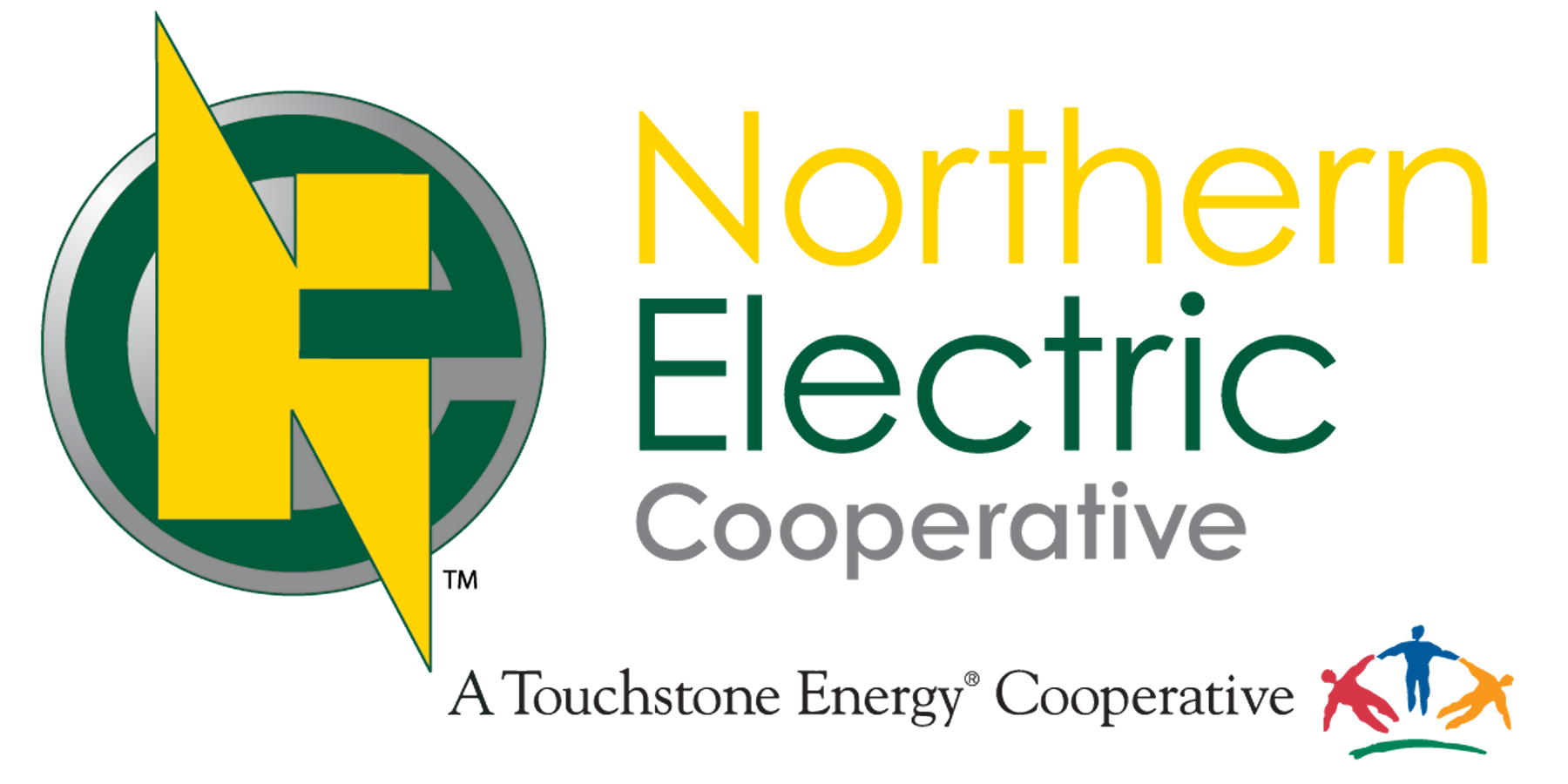It always seems like most of the attention in any election is focused on candidates. It is important for voters to research the people who will represent them on a local, state or national level. But, what about the decisions that are further down the ballot? Those constitutional amendments and initiated measures can often become an alphabet soup of confusion. However, the issues that are on the bottom of the ballot can have a big impact on South Dakota and the laws we live under. These ballot issues should not be last-minute eenie-meenie-miny-moh decisions in your voting booth. So, for the rest of this column, I will attempt to help you out by giving you a brief rundown of the amendments and measures we will be voting on November 6.
- Constitutional Amendment W Amendment W is an initiated amendment, which means petitions were circulated and signatures were gathered to get this amendment on the ballot. It is called the ‘South Dakota Voter Protection and Anti-Corruption Amendment.’ At first glance, you might think this amendment sounds good, but the South Dakota Rural Electric Association has joined nearly three-dozen other South Dakota organizations in opposing this amendment. It would set up a taxpayer-funded accountability board that would essentially be a fourth branch of government with unchecked authority over all the other branches of government. For more information on why South Dakota’s electric cooperatives are opposing Amendment W, you can visit the W is Wrong website.
- Constitutional Amendment X This amendment is actually pretty simple. It would raise the threshold for approving constitutional amendments on a general election ballot from a simple majority to 55 percent of the votes cast. Supporters believe there should be a higher standard to amend the South Dakota Constitution. Opponents say approval should remain at a simple majority, so South Dakota citizens can have a voice at the ballot box.
- Constitutional Amendment Z Constitutional Amendment Z says that any amendment to the South Dakota Constitution must only embrace one subject and should not include multiple layers or topics. This change would not only impact voters who want to gather signatures to get an amendment on the ballot, but it would also affect lawmakers in Pierre when they propose amendments.
- Initiated Measure 24 This initiated measure would limit out-of-state contributions to ballot questions. Governor Dennis Daugaard would like voters to cast a ‘yes’ vote on this measure because he says 97 percent of the money that was donated to ballot question committees in the last election came from out-of-state groups. However, opponents to the measure say it takes away the first amendment right to free speech because it limits out-of-state contributions. Opponents also say Initiated Measure 24 unfairly targets companies that are headquartered outside of South Dakota but do business in the state, or trade organizations that support businesses and groups in our state.
- Initiated Measure 25 This initiated measure would raise the tobacco tax for cigarettes and tobacco products. It would generate an estimated $5 million for the state’s general fund and $20 million to reduce tuition at South Dakota’s technical schools. Opponents to the measure say workforce development and tech schools are important but South Dakota government has a history of not using increased tax dollars for their intended purpose.
I hope you found these brief descriptions of the amendments and measures helpful. I would also encourage you to visit the South Dakota Secretary of State’s website at sdsos.gov and click on the ‘ballot question pamphlet’ tab for more information.
Educate yourself before you head to the polls this year, our constitution and the laws we live under depend on it.

